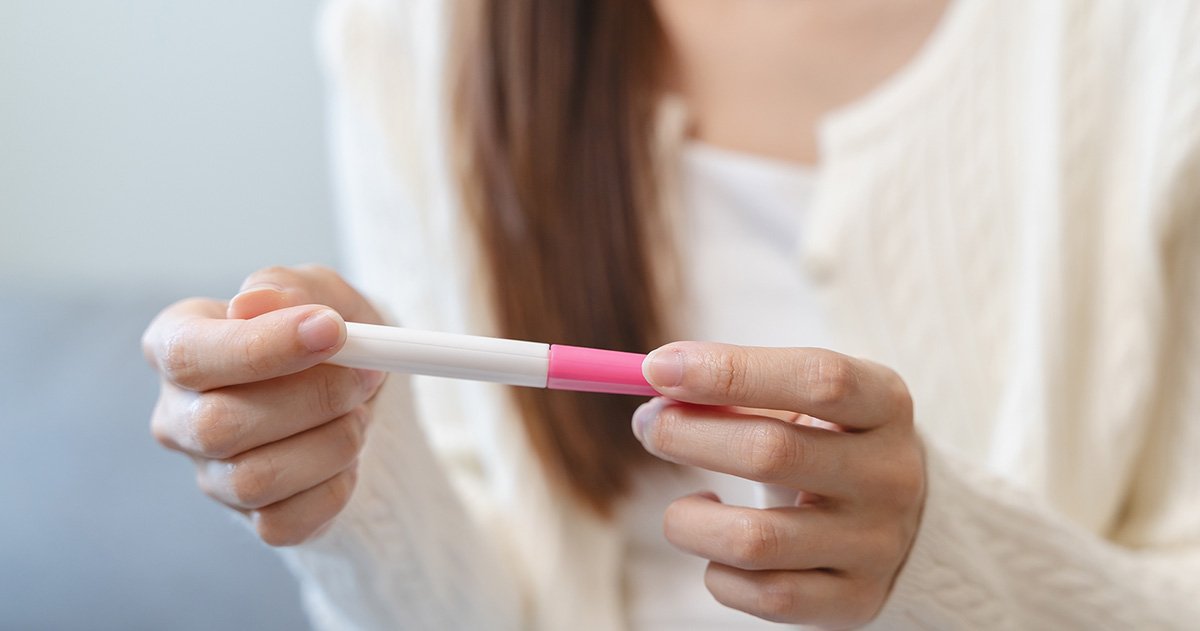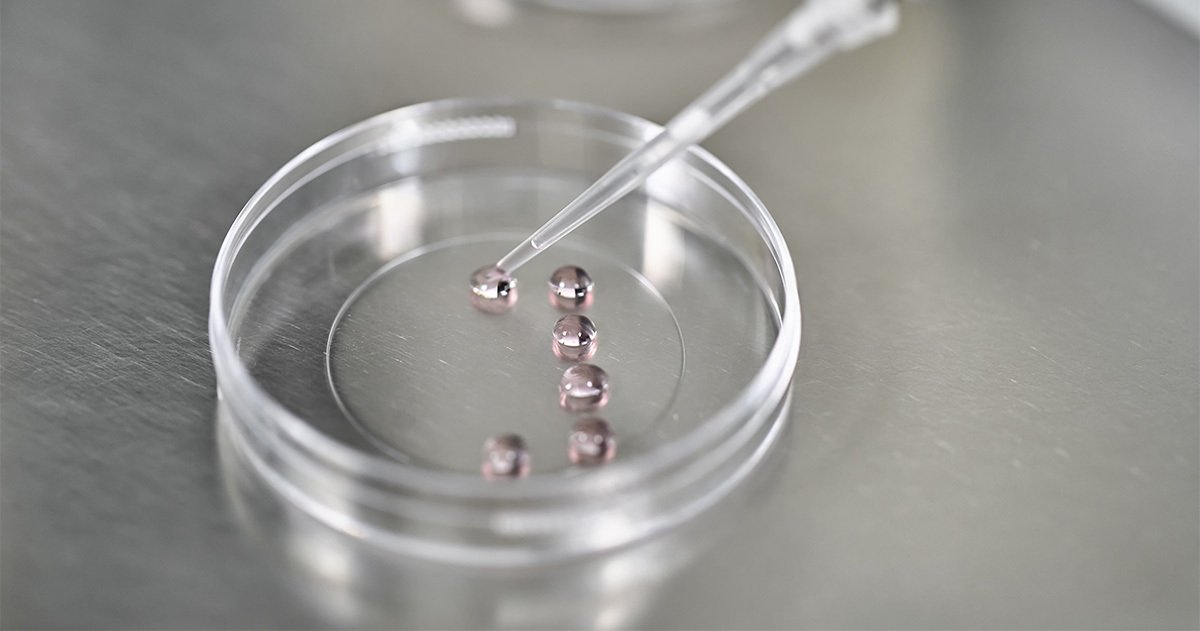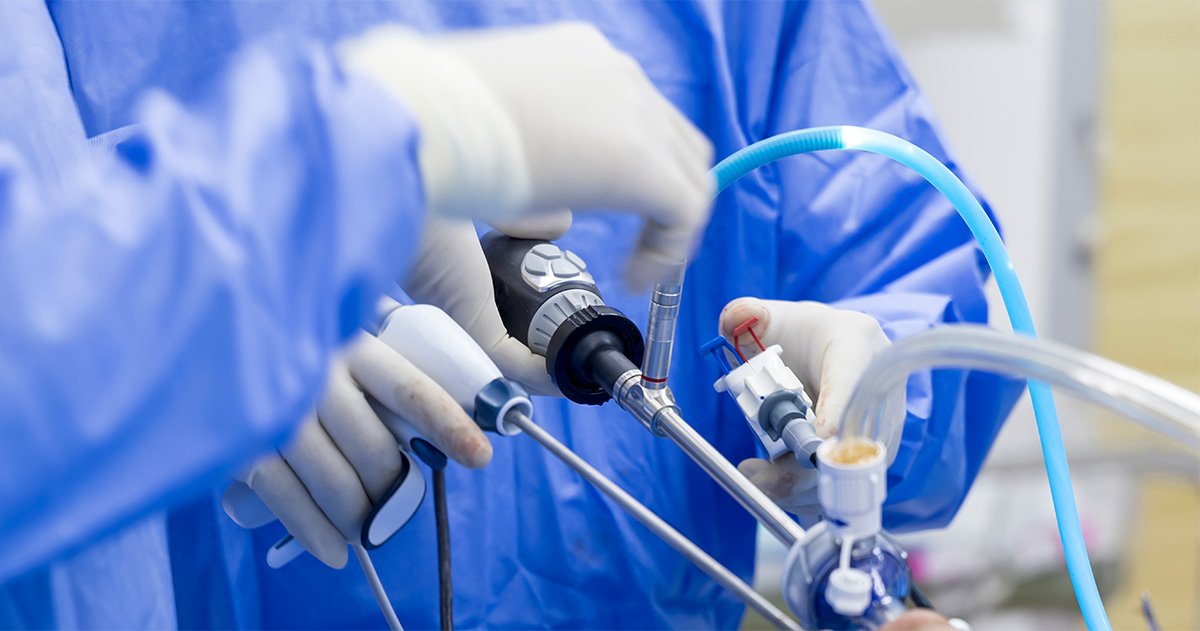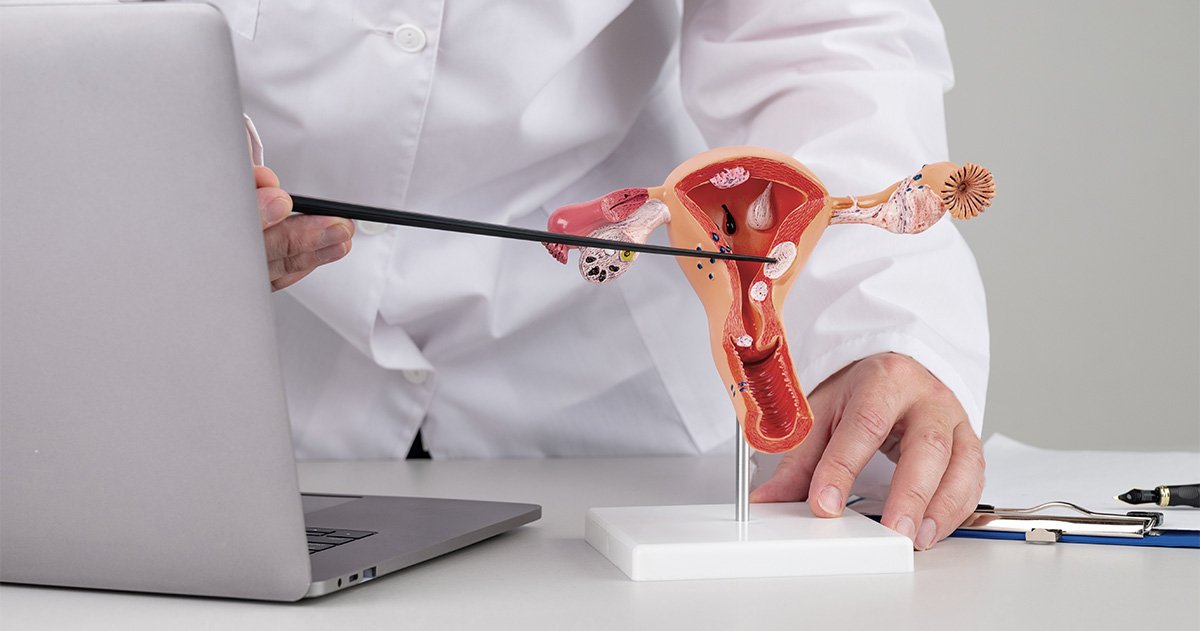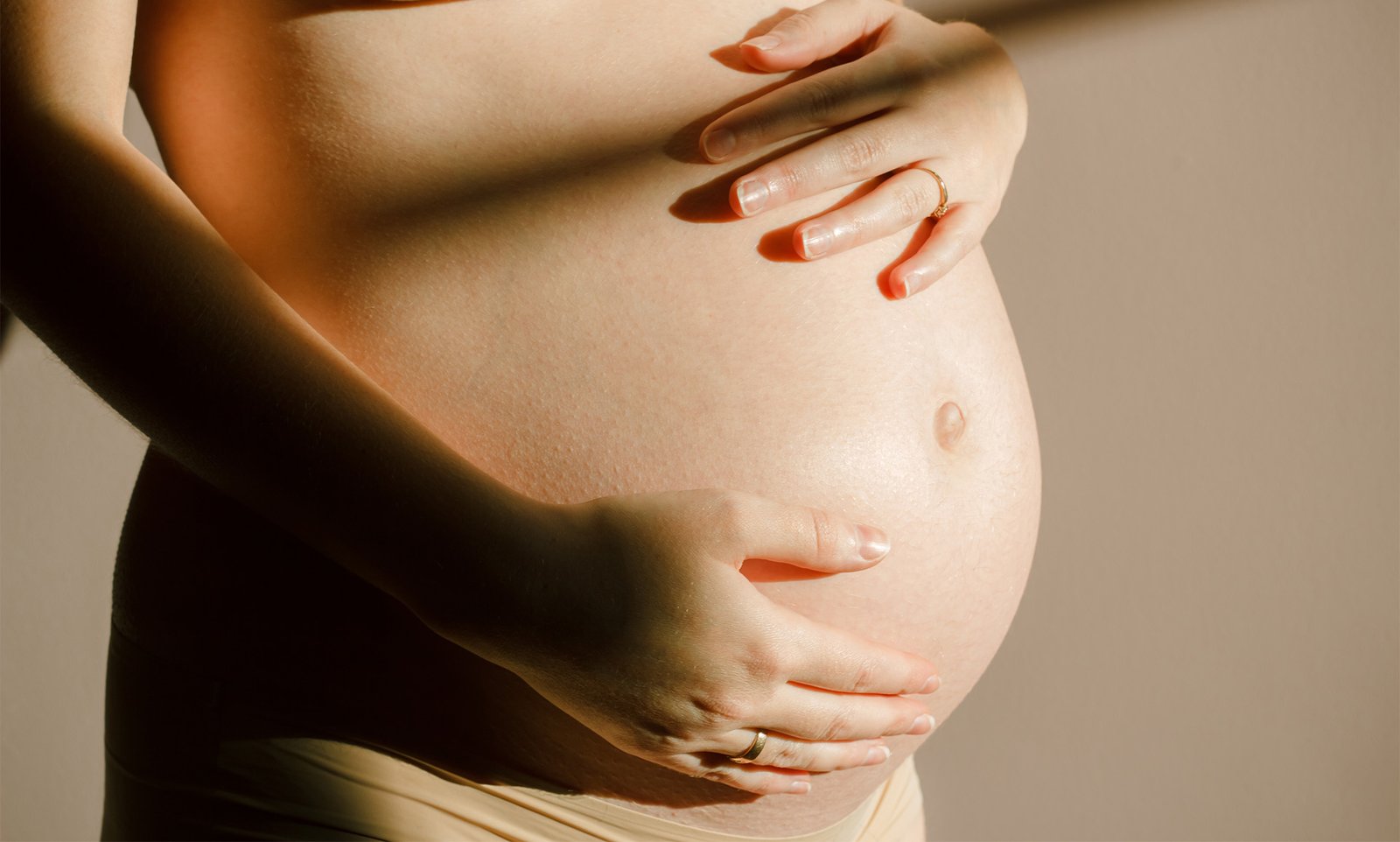In today’s world, many individuals are choosing to delay parenthood for various personal, professional, or financial reasons. However, many would still want to preserve their fertility for the future.
Thankfully, advancements in technology have made this possible with Elective Egg Freezing (EEF), also known as Social Egg Freezing. As we age, the quality and quantity of our eggs naturally decline, which can impact the chances of a successful pregnancy. By opting to freeze your eggs at a younger age, you can significantly increase the likelihood of a healthier and more successful pregnancy later in life, providing peace of mind and preserving the possibility of parenthood when the time is right.
Thankfully, advancements in technology have made this possible with Elective Egg Freezing (EEF), also known as Social Egg Freezing. As we age, the quality and quantity of our eggs naturally decline, which can impact the chances of a successful pregnancy. By opting to freeze your eggs at a younger age, you can significantly increase the likelihood of a healthier and more successful pregnancy later in life, providing peace of mind and preserving the possibility of parenthood when the time is right.
What is Elective Egg Freezing?
Elective Egg Freezing (EEF), also known as social egg freezing or oocyte cryopreservation, is a medical procedure that allows women to preserve their eggs for the future. This fertility preservation process involves extracting and freezing eggs from the ovaries, which can then be used for artificial insemination later to help the patients conceive.
It is important to note that while we will always encourage patients to start their family early, the option of elective egg freezing reduces the pressure of age-related fertility decline and increases the chances of a successful pregnancy later in life when they do decide to settle down. Chromosomal abnormalities affect about 10–25% of eggs in women in their early 30s, and more than 50% of eggs from women over 40.
How does Elective Egg Freezing work?
Put simply, Elective Egg Freezing involves the cryopreservation of healthy eggs for future use in a medical cryogenic facility until you decide to use them in the future.
The egg freezing process takes up to weeks to be completed, and here’s what you can expect:
-
Initial Consultation
Like any medical procedure, Elective Egg Freezing starts with a consultation and counselling with your fertility specialist, where your overall health, reproductive history, and ovarian reserve will be assessed. Various tests will also be carried out to evaluate your health and hormone levels. -
Hormonal Stimulation and Monitoring
During the egg freezing procedure, it is optimal to collect as many eggs as possible. Hormone injections are self-administered to stimulate the ovaries. This helps develop multiple mature eggs in both ovaries and is similar to IVF (in-vitro fertilisation) treatment. This process takes between 10 to 14 days. Patients will need to visit the clinic about 3 times during this period to do ultrasounds, so that they can keep track of their egg development. -
Egg Maturation and Egg Retrieval
A specialised drug or “trigger shot” is administered 36 hours prior to retrieval to allow the eggs to mature adequately. This is done under intravenous sedation using a thin needle inserted through the vaginal wall to reach the ovaries. You are kept as comfortable as possible, and the procedure typically takes about 20 - 30 minutes. Some patients may feel sore and experience bloating. -
Egg Vitrification (Freezing)
Following the retrieval, the eggs are assessed and only good matured eggs are stored for future use in a cryogenic facility. This process involves specialised cryopreservation or vitrification, where the eggs are rapidly cooled to prevent the formation of ice crystals and to preserve their quality. -
Future Use
When you’re ready to use your eggs, they are thawed and fertilised with sperm in a lab to create embryos. These are then implanted into the uterus via IVF to achieve pregnancy.
Who should consider Elective Egg Freezing?
Women who are at least 21 years old but are below 38 years old will be legally permitted to freeze their eggs for non-medical reasons in Singapore. It is always better to freeze them at a younger age where quality would be always better.
What is the cost of Elective Egg Freezing in Singapore?
Elective Egg Freezing is generally self-funded. In Singapore, it can cost anywhere between SGD 10,000–14,000. Annual storage fee for the oocytes can be between SGD 500–600 per year.
Elective Egg Freezing success rates and potential risks
The greatest issue is in understanding the limitations of EEF. These vary depending on several factors, including the age at which the eggs are frozen, the number of eggs retrieved and the technology used.
- Overall success — Just like any fertility treatment, there is no guarantee of a 100% success just like any fertility treatment. Age is a major determinant of the number and quality of oocytes. Advancing age is associated with poorer outcomes owing to poorer quality of the eggs.
-
Age at freezing — Younger women undergoing EEF have a higher probability of live birth with the greatest impact in the 30–35 age group (up to 70%), followed by 36–37 age group (51.6%). Models predict that at 34 and 37 years of age, a woman will need 10 and 20 mature oocytes, respectively for a 75% chance of a live birth. In comparison, a 42-year-old healthy woman will need 61 mature oocytes.
Older women have a lower egg reserve and need more cycles to maximise oocyte recovery. Freezing hope: Balancing realism and optimism in elective egg freezing. Ann Acad Med Singapore 2024;53:3-5 - Number of eggs retrieved — The more eggs are retrieved, the higher your chances of future pregnancy. Typically, 10 - 20 eggs are recommended to optimise your pregnancy outcomes.
It is imperative that you consult a fertility specialist who is not only experienced clinically, but also able to counsel you on the appropriate rates and figures so that you have enough information to make an informed decision.
What to consider before Elective Egg Freezing
- Age and timing — Age and timing play a huge role in the success of your elective egg freezing procedure and pregnancy. Consider whether the timing is right for you to undergo the procedure. The sooner you freeze your eggs, the better the chances of a successful pregnancy in the future.
- Costs and financial considerations — Before deciding on undergoing EEF consider the financial commitment involved in the retrieval process, hormone medications, and ongoing storage fees for the frozen eggs.
- Fertility health and ovarian reserve — It is important to consider your fertility health, such as your ovarian reserve (the quality and quantity of your eggs) before deciding on an EEF treatment.
- Choose the right clinic and specialist — Elective Egg Freezing and your pregnancy journey will take time and several sessions. It is important to find a clinic and fertility specialist that you can trust to help you navigate your family planning goals and provide the right treatment plan.
Elective Egg Freezing can be a big decision and, understandably, confusing. Thankfully, you don’t have to go through it alone. Discuss your decision with your partner, family and a trusted fertility specialist. They will help you navigate the emotional, financial, and medical aspects of the process. Make a choice that feels right for you.
Frequently Asked Questions
-
Is egg freezing considered elective?
Yes, egg freezing is considered an elective procedure. -
Is egg freezing MediSave claimable in Singapore?
As EEF is considered an elective procedure, government subsidies such as MediSave, are not applicable. However, some employers may provide monetary support for employees undergoing EEF. -
What is the best age to consider egg freezing?
The age limit for EEF is set at 37 years in Singapore. Hence, it is advisable to freeze your eggs at a younger age. Above 37 years old, regardless of EEF, live birth rates are low. -
What happens if I never use my frozen eggs?
The utilisation rates for electively frozen eggs can be less than 20% in most worldwide studies. If unused, there is a potential that these eggs may be donated to those who may need them. However, there are strict laws governing any egg donation programme and differs between centres. Alternatively, they may be discarded. -
Will egg freezing affect my future fertility or menstrual cycle?
In short, the freezing of eggs would not affect your future fertility. On the contrary, it serves as an alternative lifeline for those who eventually decide to have children at an older age. It is noteworthy that on a monthly basis, there are many eggs that do not undergo ovulation (i.e. when they are released), and these eggs will undergo a natural process of elimination if unused. -
How many eggs should I freeze for a good chance of future pregnancy?
Generally, 10 - 20 eggs are recommended to optimise your pregnancy outcomes.
The option of Elective Egg Freezing allows for a woman’s fertility potential to be “frozen in time”. Advancements in technology have empowered women, offering them control over their reproductive options where they do not feel rushed into making any decisions pertaining to marriage or child bearing.
Elective Egg Freezing allows women to embrace both their personal ambitions and the possibility of motherhood in their own time. However, Fertility Specialist, Dr Tan Heng Hao, gently reminds us that it is important to note that the earlier we opt for EEF, the better the outcomes of pregnancy. To achieve fertilisation later on, intracytoplasmic sperm injection (ICSI) is recommended — a technique in which a single sperm is injected directly into the egg to achieve fertilisation.
Whatever your decision may be, it is imperative to find a fertility specialist who you are comfortable with and can guide you through the complexities of these discussions with expertise and empathy. Schedule a consultation with us for a comprehensive analysis, fertility advice, and a personalised treatment plan.
Elective Egg Freezing allows women to embrace both their personal ambitions and the possibility of motherhood in their own time. However, Fertility Specialist, Dr Tan Heng Hao, gently reminds us that it is important to note that the earlier we opt for EEF, the better the outcomes of pregnancy. To achieve fertilisation later on, intracytoplasmic sperm injection (ICSI) is recommended — a technique in which a single sperm is injected directly into the egg to achieve fertilisation.
Whatever your decision may be, it is imperative to find a fertility specialist who you are comfortable with and can guide you through the complexities of these discussions with expertise and empathy. Schedule a consultation with us for a comprehensive analysis, fertility advice, and a personalised treatment plan.
